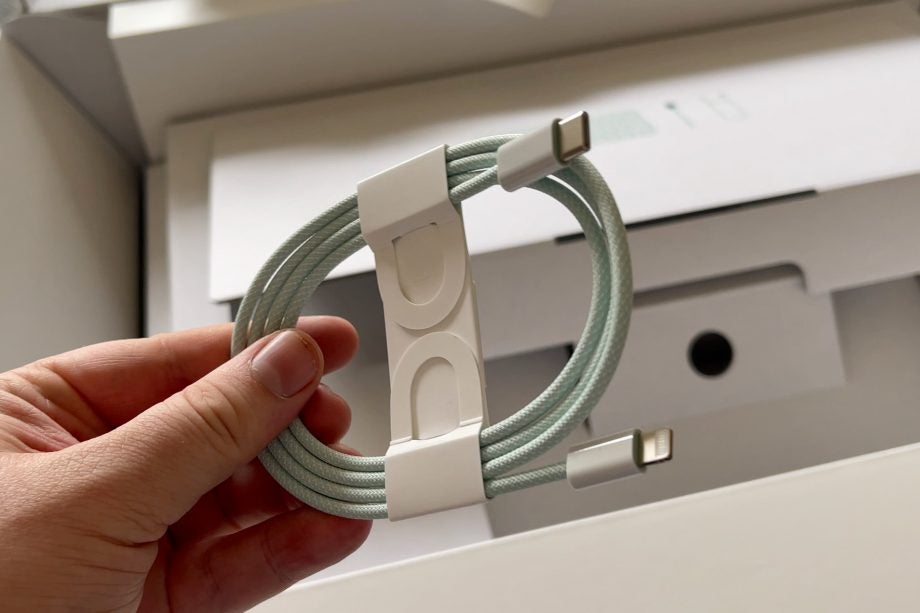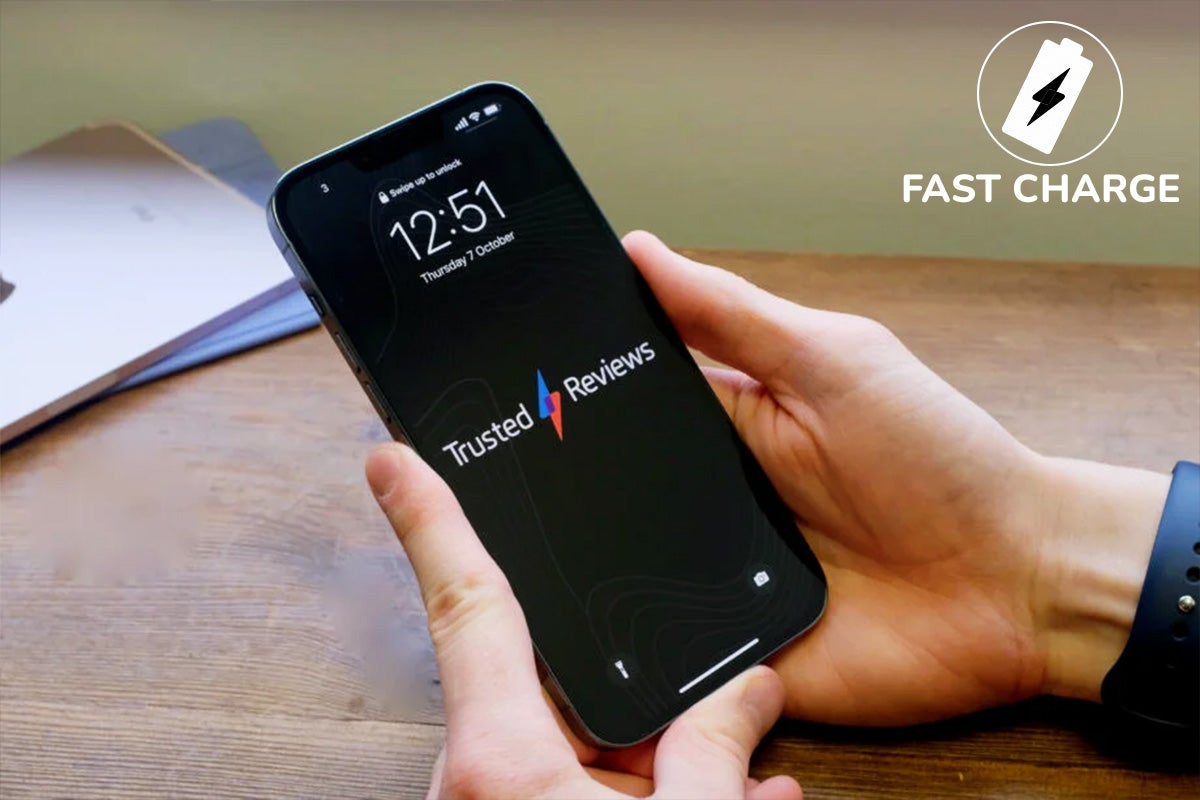EU votes to enforce USB-C common charger standard for mobile devices

The EU has voted to enforce treating the USB-C standard as a common charger standard across a range of mobile devices by the end of 2024, which will require Apple in particular to make some drastic changes.
This directive means that Apple will be forced to retire its proprietary Lightning port standard within the next two years if it’s to continue selling iPhones and AirPods in the European Union.
MEPs voted overwhelmingly for the measure, to the tune of 602 votes in favour, 13 votes against, and eight abstentions. It’s the first time any such uniform ruling on a universal charging standard has been applied.
“By the end of 2024, all mobile phones, tablets and cameras sold in the EU will have to be equipped with a USB Type-C charging port,” reads the associated EU press release. The ruling will be extended to laptops from spring 2026.
“Regardless of their manufacturer, all new mobile phones, tablets, digital cameras, headphones and headsets, handheld videogame consoles and portable speakers, e-readers, keyboards, mice, portable navigation systems, earbuds and laptops that are rechargeable via a wired cable, operating with a power delivery of up to 100 Watts, will have to be equipped with a USB Type-C port,” continues the statement.
Devices that are too small to support a USB-C port, such as smartwatches and fitness trackers, will be exempt.
The EU claims that this switch to USB-C will encourage technological innovation and help the environment. By encouraging the reuse of existing chargers, the EU anticipates that it will help consumers save up to €250 million per year on unnecessary charger purchases.
Fortunately, Apple has been tipped to ditch its Lightning standard for the iPhone 15 next year.





